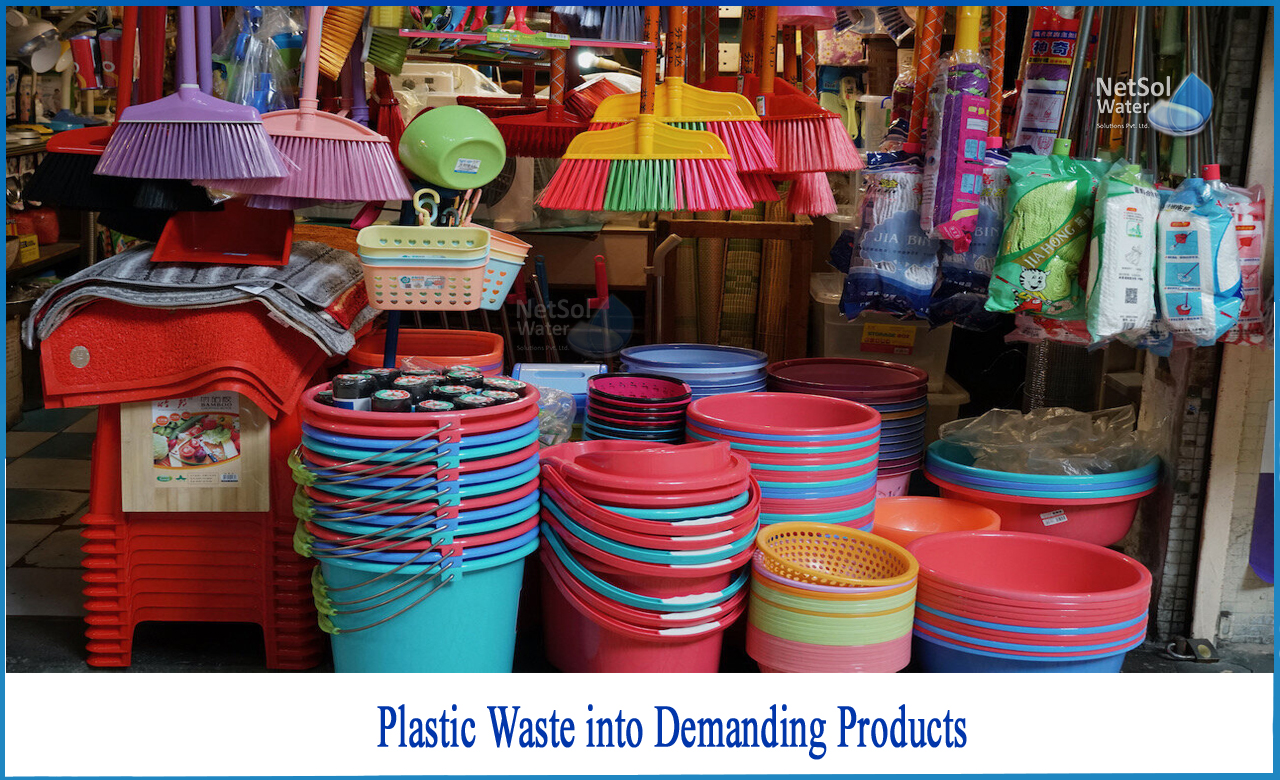Overview
Plastic pollution has swamped the oceans, causing roughly 2 trillion particles of plastic detritus to swirl around, posing a persistent threat to marine life.
Even the deepest parts of the Earth are not immune to the plague of plastic waste. Each year, 8 million tonnes of plastic pollution enters the oceans, implying that by 2050, the oceans may contain more plastic than fish.
Plastics are a long-lasting, lightweight, and low-cost material. They are easily moulded into a variety of items that may be used in a variety of applications. Plastics are produced in excess of 420 million tonnes per year all over the world. As a result, plastic reuse, recovery, and recycling are increasingly crucial.
Which plastics can be recycled?
Plastics are divided into six categories-
The following are some typical goods for each kind of plastic:
1: PS (Polystyrene) - Foam hot drink cups, plastic cutlery, containers, and yoghurt are all examples of PS.
2: PP (Polypropylene)- Lunch boxes, take-out food containers, and ice cream tubs are examples.
3: LDPE (low-density polyethylene)- Garbage bins and bags are examples.
4: PVC (Plasticised Polyvinyl chloride or polyvinyl chloride)- Cordial, juice, and squeeze bottles are examples.
5: HDPE (High-density polyethylene)- Shampoo bottles or milk bottles are examples.
6: PET (Polyethylene Terephthalate)-Fruit juice and soft drink bottles are examples.
Only PET, HDPE, and PVC plastic items are currently recyclable through curb-side recycling programmes. PS, PP, and LDPE are often not recycled since processing these plastics is more complicated and expensive, also bottle tops and lids are not recyclable.
The Recycling of Plastics
Shredding, washing, collecting, sorting, melting, and pelletizing, these are the most basic plastic recycling procedures. The techniques differ depending on the resin or the plastic product type.
The following two-step technique is used by the majority of plastic recycling facilities:
Step 1: Sorting plastics, either mechanically or manually, to ensure that all pollutants are eliminated from the waste stream.
Step 2: Melting plastics straight into a new form or shredding into flakes and melting before being treated into granulates.
What products can be made from waste plastic?
Some of the products made from the recycled plastic waste are:
A: Kitty litter
Some cat toiletry items are created from recycled waste, which are purchased locally if feasible. Because this litter is not clay-based, it has the extra benefit of not kicking up nasty kitty dust storms, in addition to being green.
B: Jackets for the winter
It's never looked so wonderful to wear rubbish! Old plastic bottles may be used to make polyester lining for coats, with some jackets holding up to 150 containers of material.
C: Parts for automotive
Unless you drive an antique automobile, there's a good chance that parts of your vehicle are constructed from recycled bottle tops and containers. Recycled materials are used in items such as seat cushions, wheel liners, and splashguards.
D: Equipment for the playground
High Density Polyethylene, the same robust material used in milk bottles, is widely used to make the sturdy "plastic timber" of slides, swings, and other recreational equipment.
E: Lamp made of plastic
This light is created entirely of recycled plastic bottles, believe it or not. To make the plastic white, some of it is sandblasted. The lampshade is made from of coloured plastic bottles and polypropylene sheets. It appears to be a brand-new item from a home goods store.
A number of products created from the plastic waste can be enlisted here. The above-mentioned products are clearly depicting out the ways to make use of rejected plastic waste into demanding products.
Netsol Water is Greater Noida-based leading water & wastewater treatment plant manufacturer. We are industry's most demanding company based on client review and work quality. We are known as best commercial RO plant manufacturers, industrial RO plant manufacturer, sewage treatment plant manufacturer, Water Softener Plant Manufacturers and effluent treatment plant manufacturers. Apart from this 24x7 customer support is our USP. Call on +91-9650608473, or write us at enquiry@netsolwater.com for any support, inquiry or product-purchase related query.



